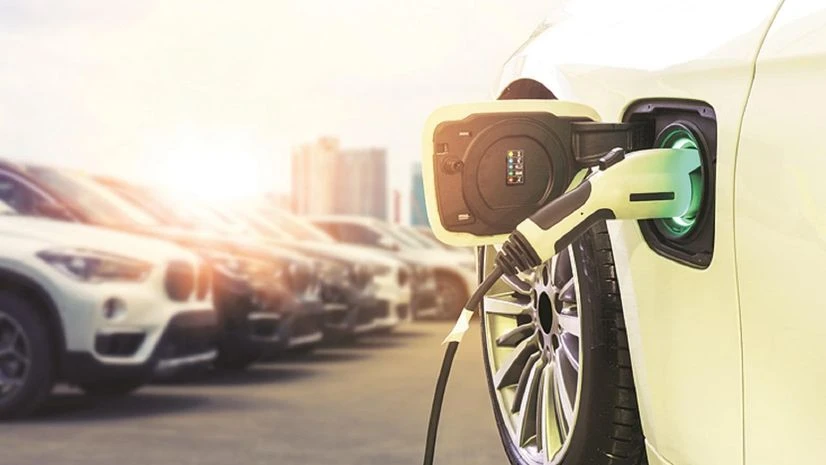Despite a global slump in electric vehicle (EV) demand due to concerns about charging infrastructure and resale value, India is marching ahead with optimism, industry experts feel. The key to unlocking mass EV adoption in the country, analysts believe, might lie in a new generation of affordable electric cars, mirroring the impact of the iconic Maruti 800 on car ownership in India decades ago.
According to experts at the BNP Paribas EV roundtable on Wednesday, the Maruti 800, which became synonymous with car ownership in India, revolutionised the passenger vehicle market by offering an affordable and reliable option to the masses. This time around, a similar breakthrough, a compact, budget-friendly electric car from a major Indian manufacturer, could be the tipping point for widespread EV adoption.
In fact, India's largest passenger vehicle player, Maruti Suzuki India (MSIL), is considering launching an electric hatchback car in the country as part of its electric push over the next several years, managing director and chief executive officer Hisashi Takeuchi said a few days back. Takeuchi told reporters that annual sales of premium hatchbacks in India were expected to surpass 1 million by 2030, up from about 700,000 units currently.
In 2023, MSIL had said its first electric offering would be a sport utility vehicle (SUV) to be launched in FY24. However, the launch date was subsequently pushed back to FY25. Overall, the company aims to introduce six electric vehicles (EVs) in India by FY30. Takeuchi reiterated that the company has stated its "intention to introduce multiple EVs at various price points". "The first EV we launch will be of a decent size (SUV type). Therefore, we will consider launching an electric car model in the hatchback segment," he said. While currently the main growth is coming from the SUV segment, "the hatchback segment is not going away," he noted.
At present, the Tiago EV from the Tata stable starts at Rs 7.99 lakh compared to Rs 5.6 lakh for its ICE counterpart. JSW MG Motors' Comet comes at Rs 6.99 lakh as a starting price. The Tiago EV roughly sells 6,500 units a month according to industry sources, while the Comet EV sells around 4,500 units a month.
More From This Section
Kumar Rakesh, analyst for IT and auto at BNP Paribas, acknowledged the current slowdown in global EV demand. However, India has potential as it boasts strong domestic demand for EVs, driven by rising GDP and a growing middle class. Additionally, lower production costs and government incentives create a favourable environment for local EV manufacturing. However, in India, the market is still nascent, with EV penetration just around 2 per cent. This provides a substantial growth runway as the infrastructure gradually improves.
Rakesh also noted that hybrid vehicles could serve as an effective bridge technology, offering a compromise for consumers wary of current EV limitations. Hybrids present an attractive option, addressing range anxiety and infrastructure concerns, while the EV ecosystem matures. He mentioned that hybrid sales in India are already competing neck and neck with EV sales, underscoring their potential role in the transition.
The competition from Chinese manufacturers, particularly BYD with its affordable Seagull model, presents a significant challenge. However, Indian companies are not standing still. Analysts observed that local manufacturers are preparing a wave of new model launches tailored to Indian preferences and price points. This strategic move could provide Indian original equipment manufacturers (OEMs) a crucial window to establish themselves before foreign competition intensifies.
While competition from Chinese manufacturers, particularly BYD with its affordable Seagull model, is a challenge, Indian companies are gearing up. Analysts believe the next 2-3 years are expected to see a wave of new, affordable EV models specifically designed for the Indian market and tailored to local preferences. These new offerings could provide Indian OEMs with a crucial window to establish themselves before foreign competition intensifies.
It was also highlighted that the Indian market's dynamics, including brand loyalty and the importance of resale value, could protect domestic players from being overshadowed by international entrants.

)
